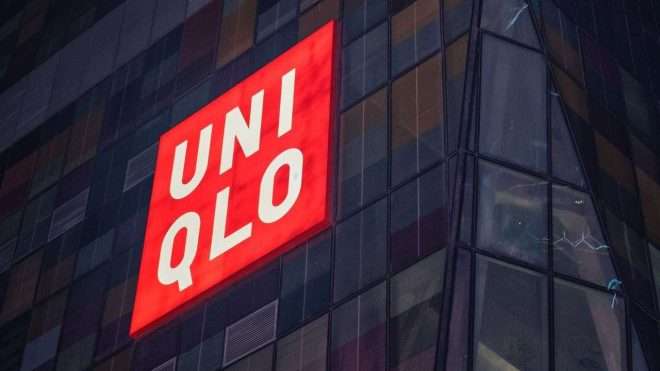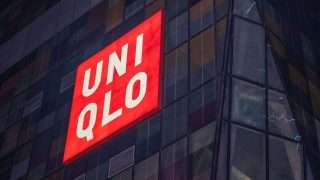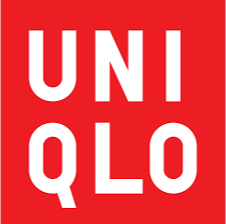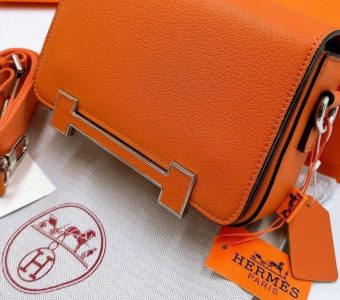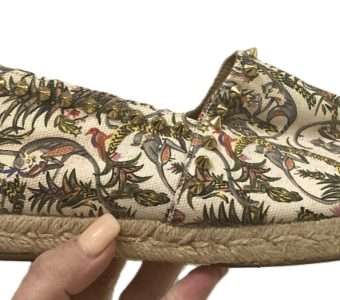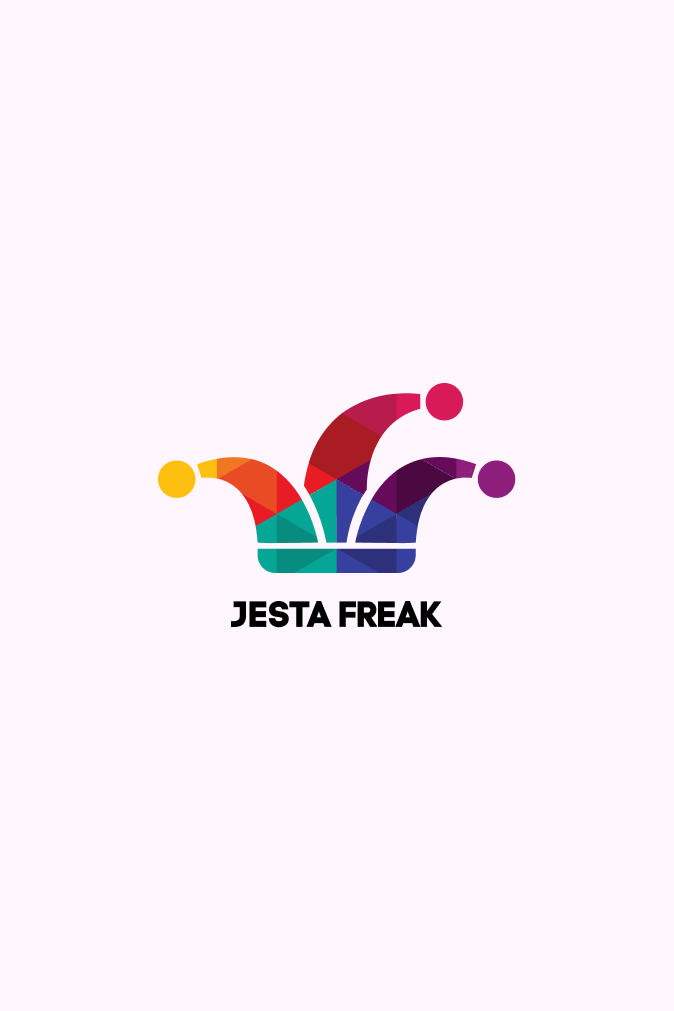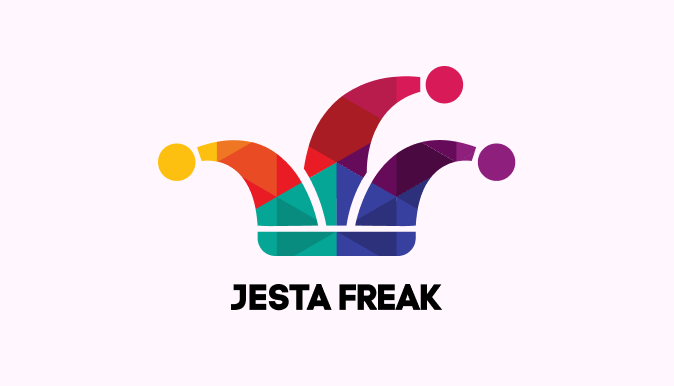UNIQLO is quite a fascinating brand. Born in Japan in 1984 as a unique clothing warehouse, they quickly established themselves as a reliable source of cheap clothing. Amid the financial crisis of the early 90s, it turned them into the go-to store for a country in the midst of an economical debacle.
They changed their name to UNIQLO, but the patent clerk misspelled it and wrote UNIQLO. And that’s how we now know and mispronounce their name to this very day.
Uniqlo understood that people needed to be clothed rather than dressed and came up with the concept of “quality basics,” far from the philosophy of the fast fashion industry. No trendy clothes, no big logos, everything understated and simple. The Japanese company became an expert at making timeless very minimalist designs aimed at anyone. And with that in mind, they took Asia by storm, becoming the largest department store on the continent.
They operate under the Japanese concept of Kino-Bi, or “functional beauty”. Their clothes are understated, functional and elegant while also advancing clothing technology like their Airism or Heattech lines of winter clothes. UNIQLO has also collaborated with many famous designers, artists, and brands to bring unique and creative designs to its customers. Their collaborations include partnerships with Jil Sander (J+), KAWS, Alexander Wang, Disney, JW Anderson, and Ines de la Fressange, just to name a few. These collaborations allow UNIQLO to compete and bring new and exciting designs to their loyal customers.
Uniqlo has perfected the combo of quality and affordability without compromising what makes good clothing look and feel special. But it is not just their clothing that has made the brand stand out. Take, for instance, their innovative flagship store in Tokyo. Located in the Ginza district, it is a testament to the brand’s commitment to innovation and design. With 12 floors and a rooftop garden, the store is a destination for shoppers worldwide.
Despite its commitment to ethical practices, UNIQLO has been accused of using suppliers that engage in labor exploitation and human rights abuses. While UNIQLO has taken steps to address these concerns, the issue remains a significant challenge for the brand.
The brand’s support for sustainability is apparent through its recycling program, and the inclusion of eco-friendly materials in some of UNIQLO’s products. Although there is still room for improvement regarding its carbon footprint reduction.
UNIQLO’s All-Product Recycling Program is an interesting global initiative that focuses on maximizing the use of clothing that customers no longer wear. We can call these “pre-owned” or “second-hand” clothing programs. This program involves collecting unwanted clothing at UNIQLO stores and distributing it to those in need, such as refugees and underprivileged individuals. By doing so, UNIQLO is taking meaningful steps to reduce waste and make a positive impact on the world. However, this is still a drop in the ocean and meaningful recycling of textiles is still a decade away.
But you can still sense the Japanese sensibility as soon as you enter their stores: they are a pleasure to the eye, and everything is ordered by color and size making the shopping experience much easier and a paradise for people with OCD.
With their sustainable methods, elegant style that’s easy to combine and make your own, and sustainable methods of production, Uniqlo is slowly but surely taking over the world. One beautiful store at a time.
Register now to join the conversation, access exclusive content and be a part of our exclusive brand communities.
